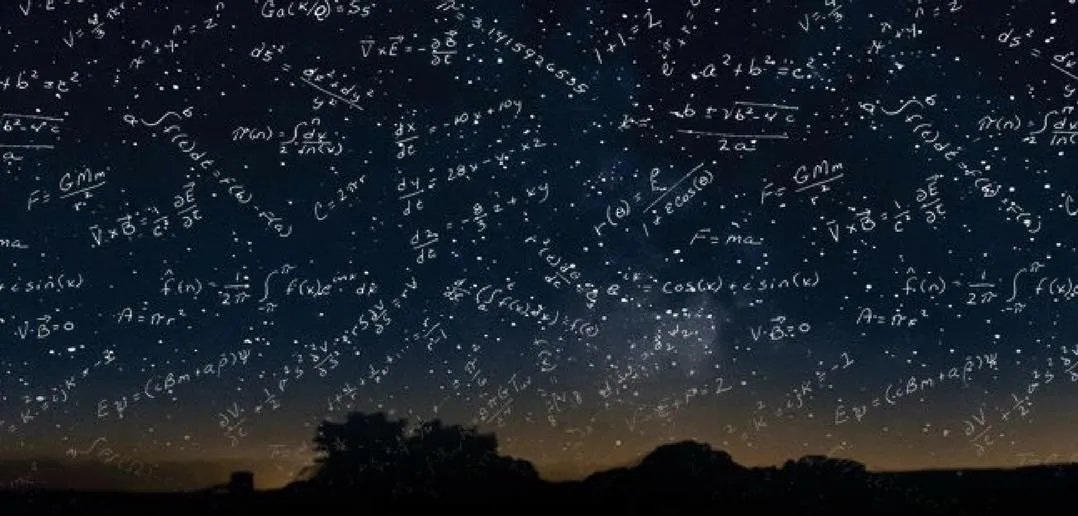Quantum physics has indeed proven that the behavior of light particles changes with the viewer's intention. The well-known double slit experiment shows that light waves form into particles as soon as a viewer looks at them. To put it unscientifically, one would have to say that matter only exists or forms when the light waves are observed by a human eye. And again it changes with the eye and through the observer's angle of vision.
If you now lean this on the universe, you can once again come up with the idea that the universe is only there when you look at it and adapt to the wishes of the observer. This can explain why scientists repeatedly find evidence for their theories and fail at a certain threshold because the universe simply does not want to be nailed because it has no defined size or form.
And not only that the enormous mobility and changeability of the universe as well as the more dimensional models make the assumption likely that inside or outside, if you want to get lost in spatial hairsplitting again, there are other universes or simply other parts of a universe. It is often assumed that black holes could be portals, i.e. entrances to wormholes, which lead into other universes or to other parts of our universe, if there really is only one.
The word universe is actually derived from the Latin word for total and was intended to describe everything that is everything. Maybe the word cosmos fits better, so order in this place. So it is quite possible that there are other systems with a completely different order besides the order in our system. Where these are spatially located, simply eludes determination with the possibilities available to us from the perspective of space-time.
Interesting theories say that it is well possible to move towards an imaginary edge of such a cosmos, to find oneself sometime in its middle or at any other point. Further ideas say that there is no center of the universe at all, but that the universe is much more everywhere. And this is exactly where the possibility of multidimensionality lies. The fact that the three-dimensionally conditioned human mind always somehow runs in a square, then you can imagine with a little fantasy how such a multiverse can look like.
The so-called bubble theory goes a bit further and assumes that several universes exist in bubbles that reproduce themselves and that new bubbles are constantly formed from another unknown source. These bubbles are by no means regarded as round calculable circles but rather as individual bubbles in different shapes, which remind much more of an organic living being than of a geometric shape. Within these bubbles completely different sizes and laws are assumed. Whether these bubbles are finite and whether one can get from one bubble to another, of course only theoretically, is not really revealed by this model.
There are still many other theories, but these are more or less the most interesting ones, which are also taken into consideration. Well, we as mankind make many considerations, make many mathematical calculations and then try to observe these things to prove our theories but this is mostly not so easy. The time relation is too enormous to prove a theory in a few years. Only last week the photo of the black hole M87 confirmed a phenomenon, which was predicted by Einstein. Almost 100 years later than the ingenious scientist had predicted. Of course, technology makes it possible. But nevertheless we are only at the beginning of a very long journey.
To make it clear where we might stand with our knowledge: Scientists assume that our knowledge is a grain of rice and the secrets of the universe that still have to be revealed are at least 1 Boing/Airbus hangar. What we see with our telescopes from our universe is very limited. The furthest galaxy we could spot is 14 billion light-years away. With even better telescopes it might be possible to look even further and find even older galaxies that could further revise the age of the universe. And that would then again bring the Big Bang theory into the wiggle....
The question is:
Do we absolutely want to be opinionated or do we want to progress what means to rethink things?

 Part 2
Part 2 




